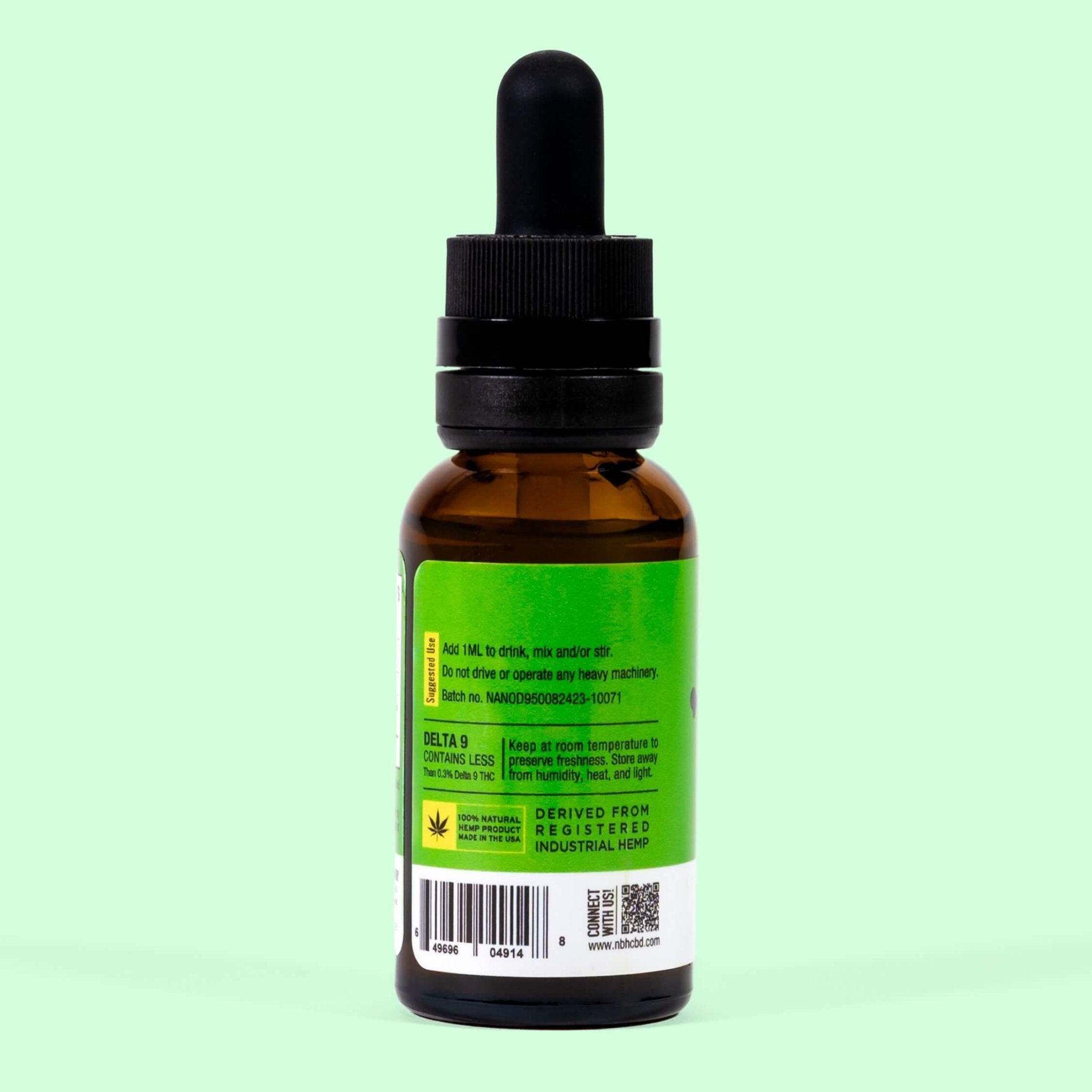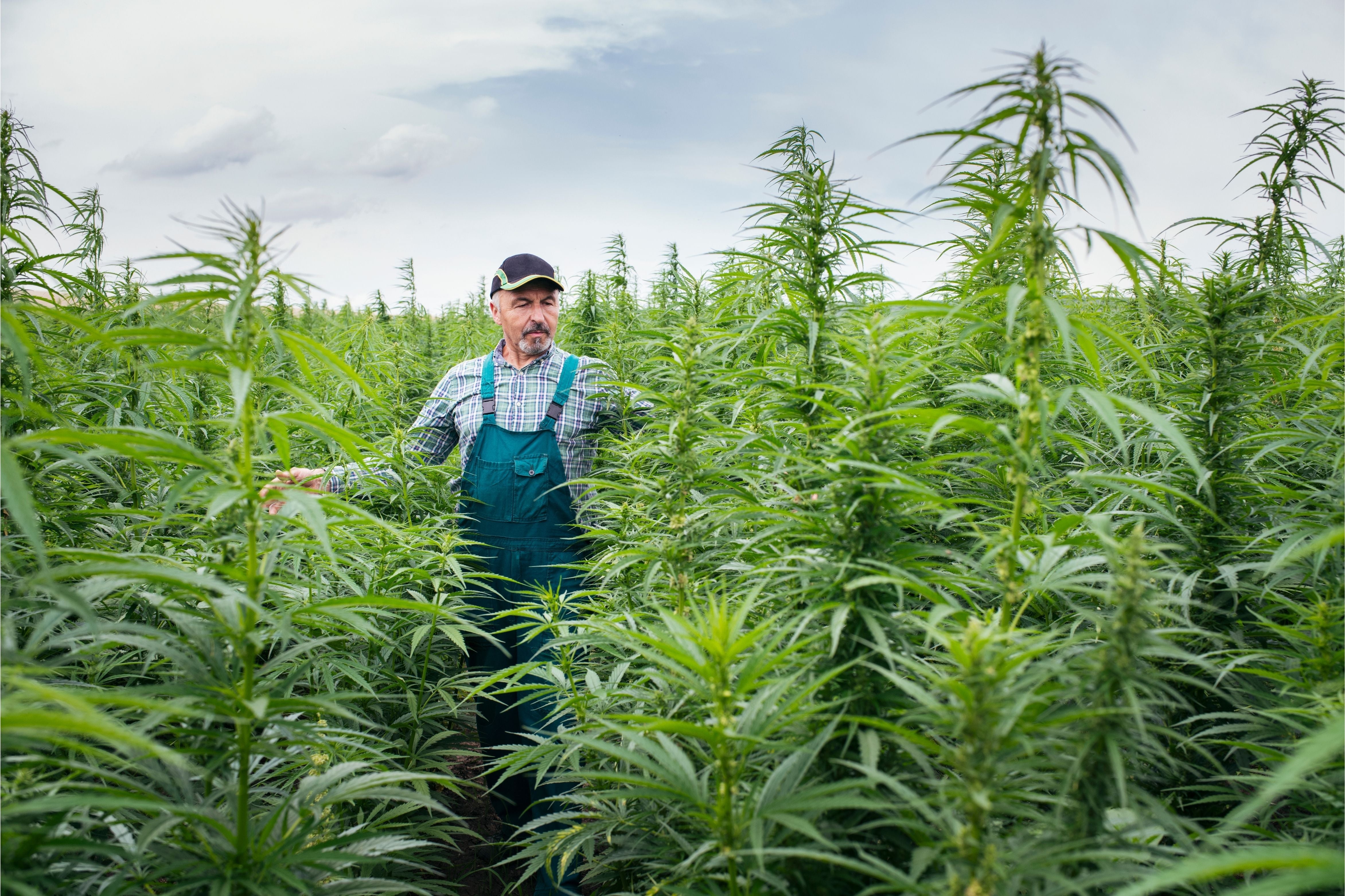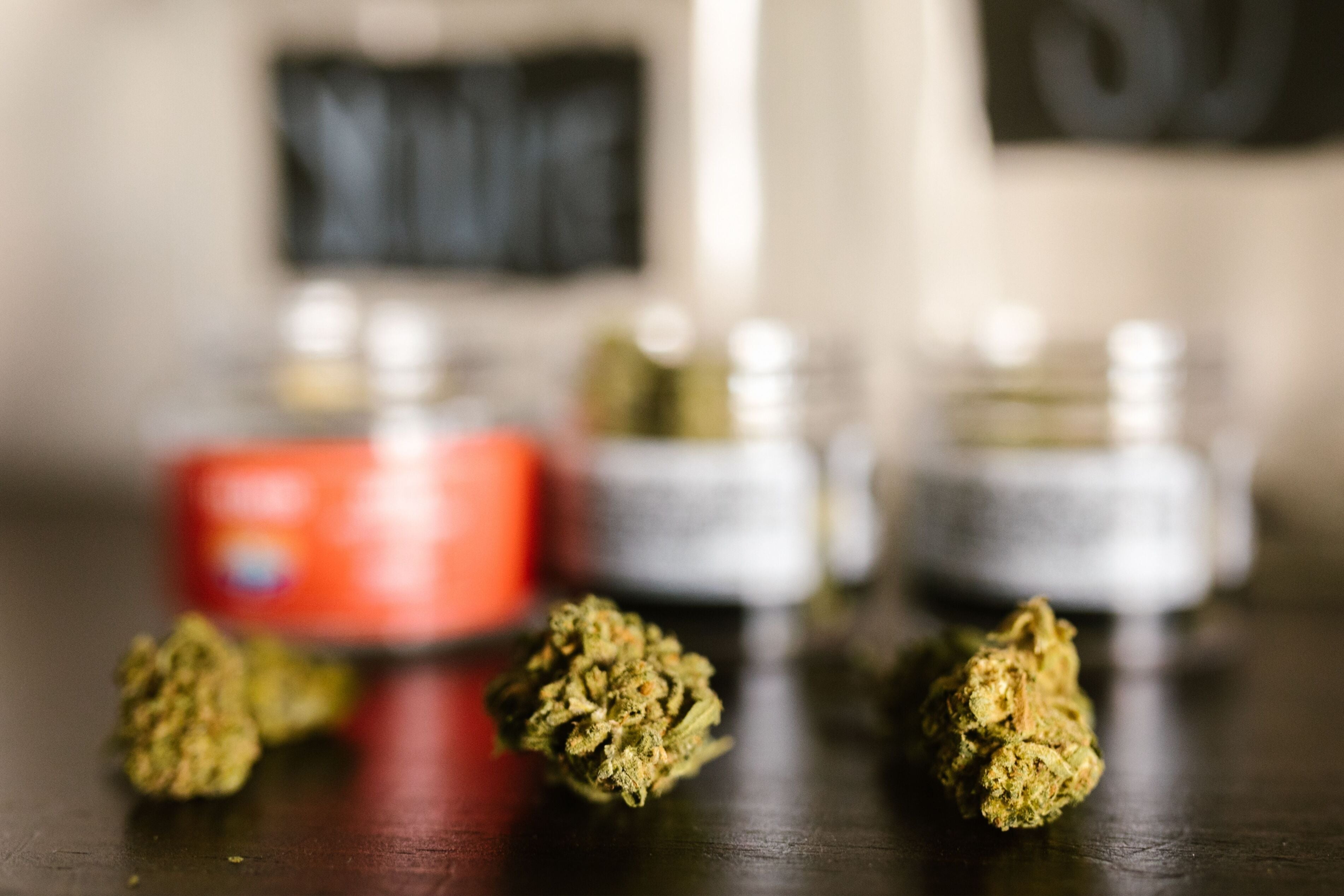
Michigan Governor Gretchen Whitmer recently signed a legislation package that will regulate delta-8 THC in the state. She signed this into law on July 13, and the law is set to take effect on October 11.
At that time, delta-8 THC products in Michigan will be regulated by the state’s Marijuana Regulatory Agency (MRA), and it will no longer be legal for businesses to sell delta-8 THC products without the proper license. According to a recent article by Hemp Industry Daily, Michigan is the first state to pass legislation that puts delta-8 products under the control of its state cannabis regulatory agency.
Representative Jim Lilly reportedly referred to the legislation as “an important step in streamlining regulations for the safety of cannabis businesses and people around our state.”
“This legislation does the right thing by taking these products out of the unregulated marketplace and bringing them under the purview of a well-functioning Marijuana Regulatory Agency,” Lilly added.
Six other changes cause by this legislation
The package of bills signed into law also
- Updates the definitions of cannabis-derived products
- Modifies the definitions of industrial hemp and marijuana
- Caps the amount of THC that products can contain if they are intended for human or animal consumption
- Allows the MRA to exclude certain THC products from the definition of tetrahydrocannabinol
- Requires all intoxicating substances to be tested for safety under the MRA’s monitoring system
- Requires all intoxicating substances to be tracked through the state’s seed-to-sale system
“This package of bills continues to show Michigan is the model for the nation in regard to protecting its residents,” Gov. Whitmer reportedly said after approving the legislation.
To ban or not to ban delta-8 THC
Michigan’s reaction to concerns about unregulated delta-8 THC products stands in stark contrast to the reactions of many other states. Numerous states have chosen to ban delta-8 THC products instead of setting common-sense regulations to improve public safety.
“We know that banning these substances is not the best way to keep the public safe,” said Michigan Rep. Yousef Rabhi. “But we also know that these . . . compounds are currently being sold with no public health standards to anyone.”
“Regulating Delta-8 rather than banning the product is a smart and progressive move that is in the best interest of public health and safety,” said Robin Schneider, Executive Director of the Michigan Cannabis Industry Association.
Although many states have already banned delta-8 products, Michigan could still end up setting a trend. At least two other states, California and Washington, are reportedly considering similar legislation. It is still possible for these and other states to adopt legislation that would regulate delta-8 THC products the way they already regulate state-legal delta-9 THC products.
“The U.S. Hemp Roundtable . . . applauds Governor Whitmer and legislative leaders for developing a sound, common-sense approach to regulating delta-8 THC products that will not only serve Michigan residents well, but will also provide a model for the nation,” said Jonathan Miller, General Counsel of the U.S. Hemp Roundtable.
“House Bill 4517 ensures that intoxicating products are not sold at retail stores . . . rather that they are regulated akin to adult-use cannabis, restricted to adults and monitored for safety and potency,” Miller added. “This is a win-win for Michigan farmers and consumers; we hope other states follow Michigan’s lead.”
Sources
[1] https://hempindustrydaily.com/michigan-governor-signs-legislation-to-regulate-delta-8-thc-products/








































